Canada PM scraps Barbados trip amid indigenous anti-pipeline protests
Canadian Prime Minister Justin Trudeau has canceled an official visit to the Caribbean to help find a solution to widespread rail disruptions caused by a wave of indigenous protests against the construction of a natural gas pipeline in the county’s west.
Trudeau was scheduled to visit Barbados on Monday and Tuesday as part of Canada’s bid for a seat on the UN Security Council.
The premier “will no longer attend the CARICOM Intersessional Heads of Government Meeting this week,” his office said in a statement. Foreign Minister Francois-Philippe Champagne will go in his place.
The protesters support certain leaders of the indigenous Wet’suwet’en First Nations people, who are fighting to prevent the construction of the Coastal GasLink pipeline, which would pass through their traditional lands in the western part of the country.
The controversial pipeline is part of a Can$40 billion natural gas export project that also includes a new Pacific coast terminal.
In a show of anger, the demonstrators have, for more than a week, blocked roads, rails and ports across the country, forcing the Canadian National Railway Co — the country’s largest railroad — to stop operating in the east.
The railroad — the third largest in North America — moves an estimated Can$250 billion (US$190 billion) worth of goods across Canada each year.
The hereditary chiefs of the Wet’suwet’en community have launched a legal challenge over the climate impact of fossil fuel projects on indigenous territories, saying “Canada has a constitutional duty to keep the country’s greenhouse gas emissions within the Paris Agreement limit.”
They are at odds with the indigenous community’s elected officials, who have supported the Coastal Gaslink route of the pipeline project in British Columbia, arguing that they — not the elected officials — hold authority over traditional lands.
Trudeau has urged the protesters opposed to the gas pipeline to resolve the issue between themselves.
The prime minister called for a crisis meeting Monday morning with the ministers of finance, public safety, transport and indigenous services, among others, to try and find a peaceful solution.
He has been criticized by the opposition for his repeated absences amid the crisis.
Indigenous Services Minister Marc Miller visited one of the roadblocks in Ontario on Saturday. He spent all day talking with protesters and Mohawk First Nation officials. He said the discussions had produced modest progress, but no blockades were lifted.
Several authority figures, including Conservative opposition leader Andrew Scheer, have called for law enforcement to intervene and lift the blockades, but Trudeau’s administration has rejected this option.
The ongoing protests are an important test for Trudeau’s efforts for reconciliation with First Nations people, whom he has said were abused throughout the country’s history.
“Canada is built on the ancestral land of indigenous peoples, but regrettably… for indigenous peoples in Canada, the experience was mostly one of humiliation, neglect, and abuse,” he said on Thursday before the United Nations General Assembly (UNGA).
He told the UNGA that his government would work to improve the lives of the First Nations peoples and achieve reconciliation.
UN rights chief ‘horrified’ by mass grave reports at Gaza hospitals
Hezbollah says launched ‘deepest attack’ on Israel since start of Gaza war
Israel intensifies strikes across Gaza on day 200 of genocidal war
China says US still interfering in its affairs despite efforts to stabilize relations
Russia says will intensify strikes on Western weapons storage in Ukraine
‘200 days of livestreamed genocide’: Netizens react as Gaza war marks 200 days
Confirmed: Iran’s star striker Mehdi Taremi joining Italian champions Inter Milan
Google fires more employees over anti-Israel protests


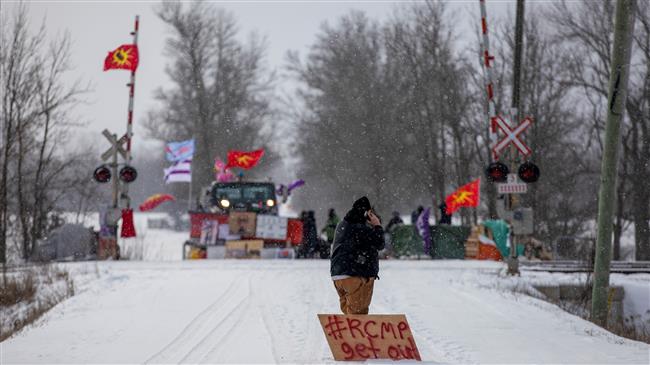

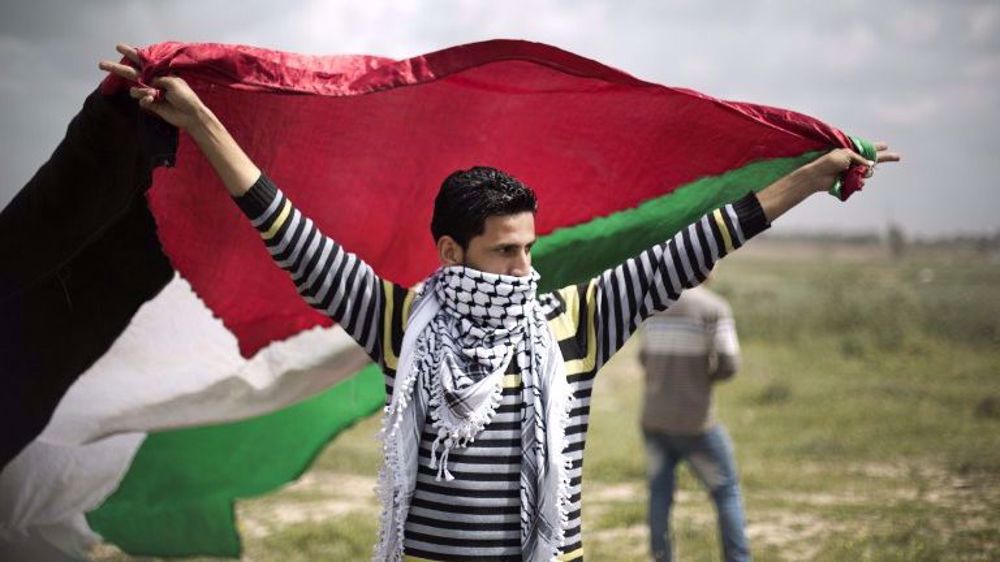
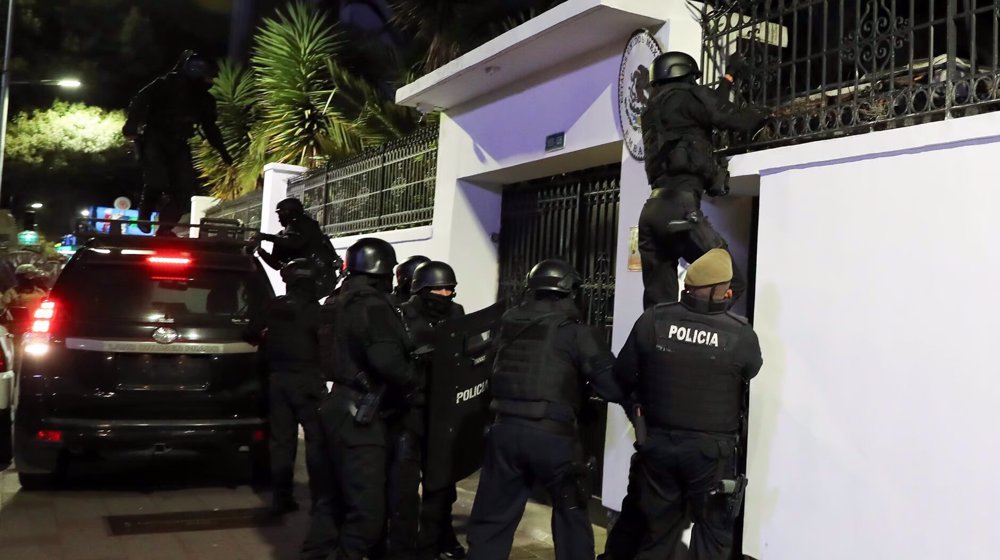
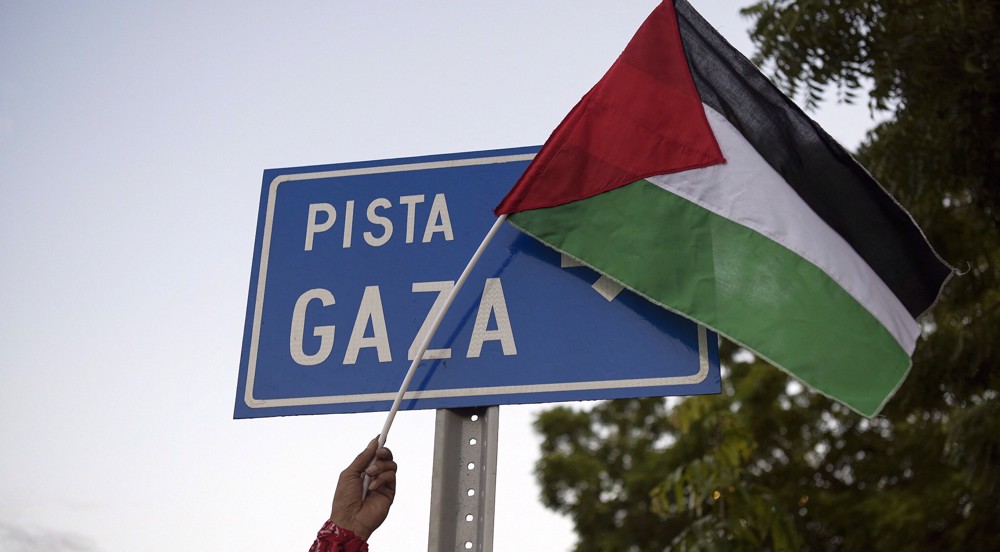



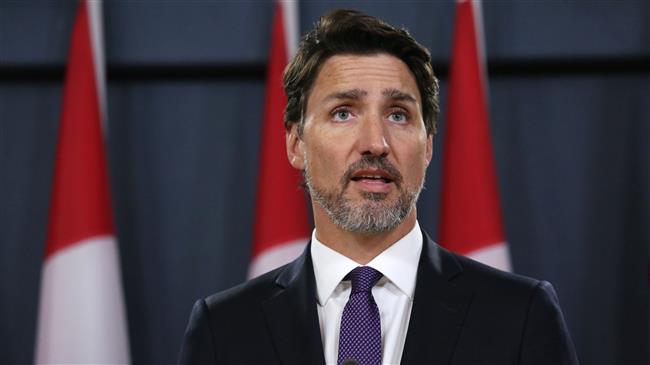
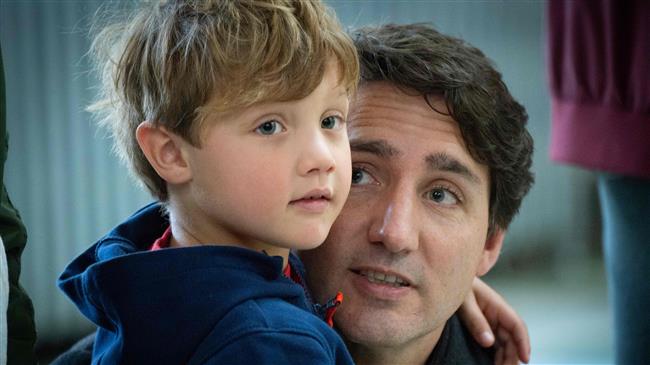
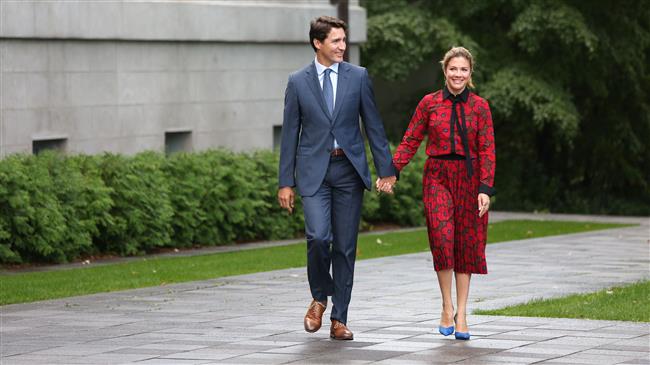




 This makes it easy to access the Press TV website
This makes it easy to access the Press TV website